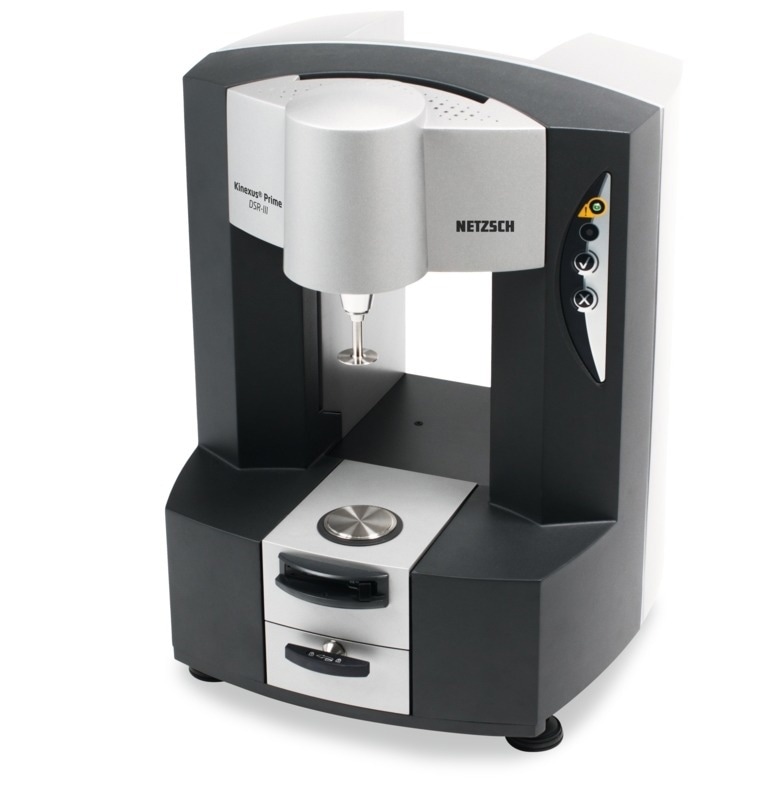With over 60 years of experience in Thermal Analysis, NETZSCH Analyzing & Testing uniquely offer solutions in both rotational and capillary rheometry. Now revealing two new rheometer lines, the Kinexus Prime rotational rheometer and the Rosand high-pressure capillary rheometer series. The new instruments provide an improved design feature, expanded and updated software platforms and a broader experimental window and wider application range.

Image Credit: NETZSCH
Why is rheology important?
Rheology is used to measure the deformation and flow of a material and is an important link between product microstructure and performance.
By understanding a material’s rheological characteristics, the desired performance and quality of a product can be adjusted and improved. This makes the rheometer an essential tool for material development, process optimization and quality control.
Whether you need the sensitivity and versatility of a rotational rheometer or the strength and speed of a high-pressure capillary rheometer depends on your material and the way it is processed, applied or stored. NETZSCH offers characterization solutions with over 14 decades of shear rate for soft solids through to complex fluids.
The new Kinexus Prime Series
The Kinexus Prime rotational rheometer exhibit unmatched ease-of-use and modularity. It features over 200 easily exchangeable accessories, geometries and cartridges with built-in intelligent recognition. Combined with an intuitive, customizable and flexible rSpace software unique insights into your rheological data are achieved.
In addition to an expanded range of accessories, the Kinexus Prime now realizes temperatures up to 450°C, ideal for the measurement of polymer melts.
The new Rosand Series
The Rosand high pressure capillary rheometer systems feature controlled extrusion (by volumetric flow) of a sample through a high precision die of known dimensions. This enables characterization of material flow properties, typically under conditions of high force (or pressure) and/or high shear rate. The RH2000 bench-top model display a wide range of shear rates for correlation with real material processing conditions, in one compact system. The floor standing RH7 and RH10 models offer measurement capabilities for materials under higher pressure and shear rate extrusions up to 108 s-1. The improved and easy to use Flowmaster software provides a full range of tests and analyses for both shear and extensional viscosity, in addition to determining sample stability, wall slip, pVT, melt strength and melt fracture. The advanced, supporting toolbox now includes a new optimized cleaning set that dramatically speeds up workflows in your lab.